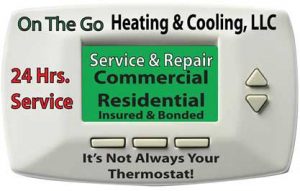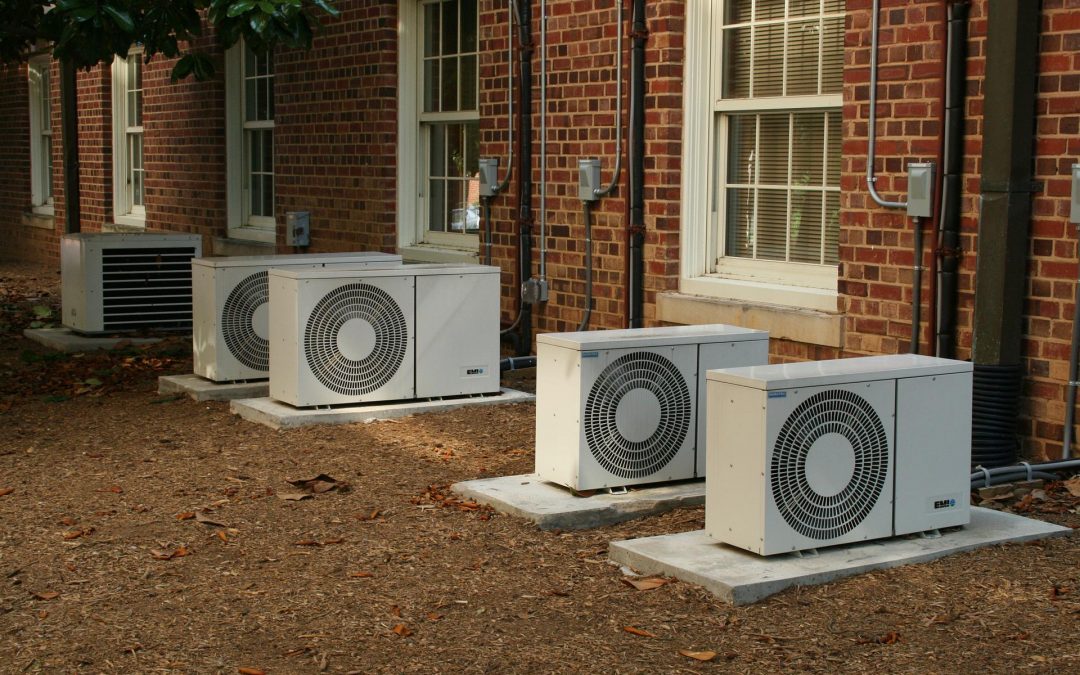HVAC Tips For Fall. Before you know it, the fall season will soon be here, even though it seems like only yesterday we were enjoying all kinds of summer-related activities. This also means that it will soon be time for cooler weather to begin settling in and preparations will need to be made for the heat to be turned on in order to ensure that you are kept as comfortable as possible.
Here are four ways in which you can work to prepare your HVAC unit for the coming fall season.
- First, there’s sealing any and all air leaks. This is the most effective way in which you can prevent both drafts and an overall waste of energy. If you have any leaky ductwork, this can easily be sealed either either aluminum tape or mastic tape, while caulk can be used to seal both doors and windows,
- Next is scheduling an annual maintenance checkup. This is considered to be the best method to fully prepare your unit for the fall season. As part of the maintenance checkup, an experienced professional will take the time to thoroughly inspect your furnace, as well as make any and all necessary adjustments in order to make sure that your unit is operating as efficiently as possible.
- Next, there’s taking the time to check all of your air filters. Filters within your furnace and air conditioner that are dirty can result in a multitude of issues with your HVAC unit, such as preventing it from properly heating and cooling your home the way that it should. You will need to replace the filter in your air conditioner prior to shutting it down, as this will make it ready for when it’s time for it to kick on once again. During the months in which cooler weather will be more prevalent, you will need to remain on top of all of your furnace filter changes in order to ensure that your unit is kept working as efficiently as possible.
- HVAC Tips For Fall. Finally, there’s checking all of your detectors and alarms. Items such as carbon monoxide detectors and smoke alarms are extremely important in terms of keeping both you and your family safe. According to the United States Fire Administration, you should replace your smoke alarms every ten years. In the event that you are unsure of when they were last replaced, check the manufacturing date on the back of the alarm itself. Additionally, push the test button on every device in order to ensure that they are working properly.

